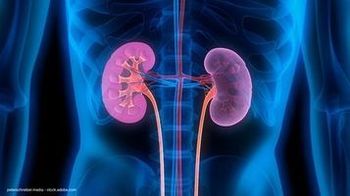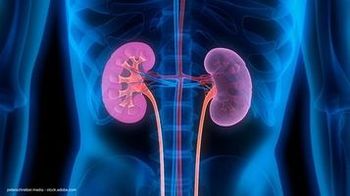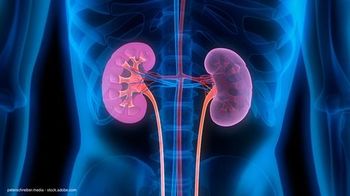
Oxybutynin gel does not impact cognition, study finds
Oxybutynin chloride gel 10% (Gelnique) appears comparable to placebo in its effect on memory tests and other cognitive functions in older healthy adult subjects when compared with immediate-release oral oxybutynin treatments, according to research presented at the International Continence Society annual meeting in San Francisco.
Oxybutynin chloride gel 10% (Gelnique) appears comparable to placebo in its effect on memory tests and other cognitive functions in older healthy adult subjects when compared with immediate-release oral oxybutynin treatments, according to research presented at the International Continence Society annual meeting in San Francisco.
"The potential for oral formulations to impact cognitive function is significant and weighs heavily on the treatment decisions I make on behalf of my OAB patients," said study co-author Scott MacDiarmid, MD, of Alliance Urology Specialists, Bladder Control and Pelvic Pain Center, Greensboro, NC. "Topically administered oxybutynin gel is an effective and easy-to-use treatment option with very few anticholinergic side effects. I am comfortable and confident prescribing Gelnique with the added peace of mind these data offer in terms of cognitive safety."
In the double-blind, phase I study of 152 older, healthy, adults (average age, 68 years) from five U.S. centers, participants were randomized to one of three treatment arms for 1 week: oxybutynin gel 10%, 1 gram once daily; oral oxybutynin immediate-release (Ditropan), 5 mg three times daily; or placebo. After 1 week, participants were given a series of tests to assess cognitive and psychomotor functioning.
Results on the primary endpoint (Name-Face Association delayed recall) showed no significant treatment effect and no significant differences versus placebo. However, on another sensitive test of delayed recall measuring the participants’ ability to recall the location of misplaced objects in a simulated house, there was a significant difference between treatment groups (p=.029), with scores in both the placebo and oxybutynin gel groups improving and performance in the oral immediate-release oxybutynin group declining, researchers reported.
Look for additional coverage of the International Continence Society annual meeting in an upcoming issue of Urology Times.
Newsletter
Stay current with the latest urology news and practice-changing insights — sign up now for the essential updates every urologist needs.





